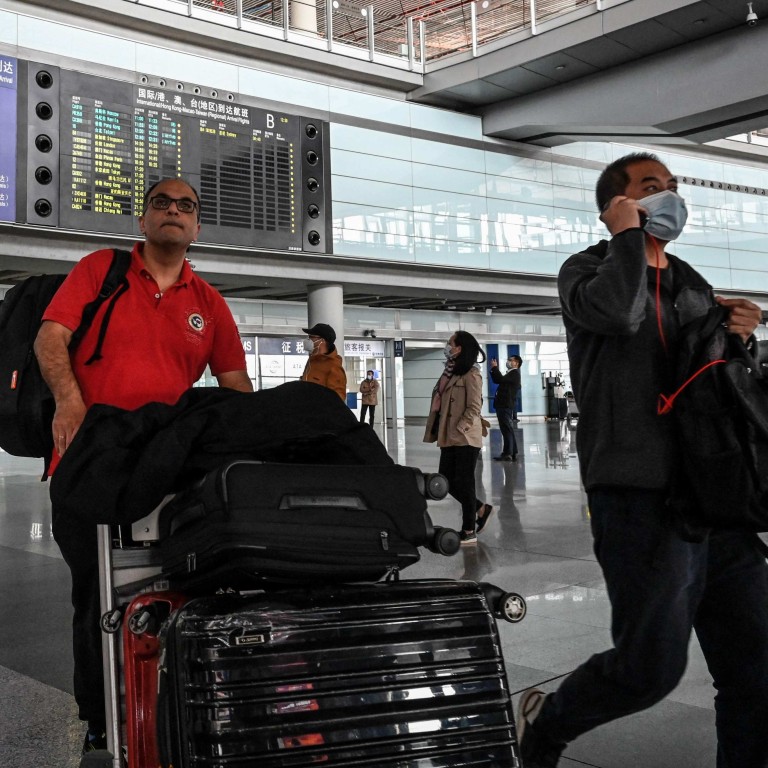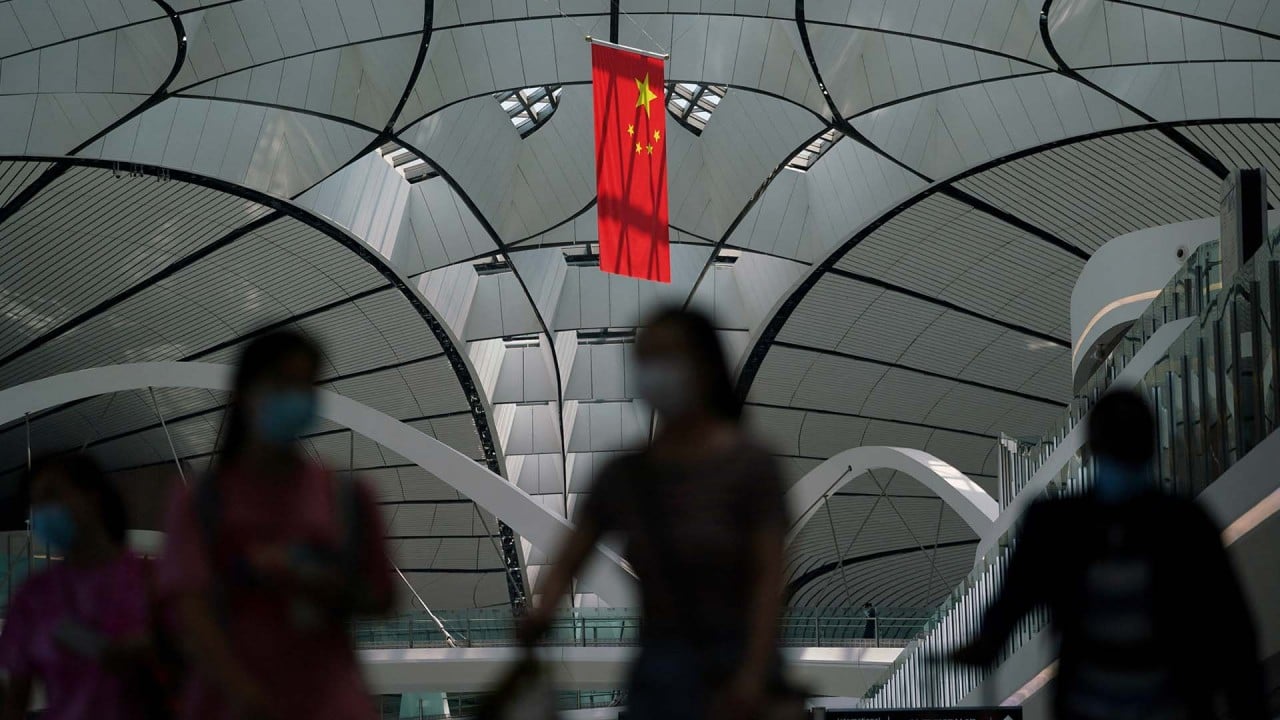
China’s doors are open again in a move that will boost trade and trust
- The country has been largely closed of to the world for the past three years because of Covid; now visas are once again being issued, a blessing for business and mutual understanding at a time of heightened tensions
Tourists and businesspeople have waited three years, as China remained largely closed to the outside world, to regain unimpeded access. The final dismantling of Covid-related restrictions on travel to the mainland, with Beijing’s restoration of multiple-visit visas has, understandably, been welcomed with enthusiastic relief.
Even if more steps need to be taken, it will be good for China’s and the world’s economy. The commercial dividends should flow quickly.
But there is more to it than that. People exchanges are important to understanding between countries.
The greater the tension between East and West, such as between China and the United States, the more important are people exchanges in sustaining an underlying narrative that counters misunderstanding and prejudice.
Even since China abruptly reversed its zero-Covid policy at the end of last year, foreigners, and particularly businesspeople, have not found it easy to visit. This goes beyond the negative economic effects.
China-US tension is contagious among US allies, particularly Canada and Australia. The West in general is exposed to a strong anti-China narrative to which Beijing responds vigorously.
As a result, the sentiment on both sides tends to be rather toxic. This does not make bilateral relations any easier for governments when the political environment is so toxic and the anti-China narrative so strong.
The connection with the sharp decrease in people-to-people exchanges with China should not be underestimated. Not only have people not been able to visit China but policies and obstacles have made doing business difficult.
So if diplomats and trade emissaries file reports perceived as positive about China they run the risk of being misunderstood. The most effective counter to hostile narratives is therefore for China to open its doors and let people see for themselves whether it is really true, as some reports tend to suggest, that Chinese have endured a living hell for the past three years, whether the mainland economy is crumbling and whether it remains an investible place.
China set to resume issuing visas as it emerges from zero-Covid
Nothing can replace physical visits. This is really about combating a twisted narrative and letting people judge for themselves.
Nothing can substitute for that.
The resumption of approval of multiple visas sends an unambiguous message that China has not closed its doors, a point emphasised by President Xi Jinping. It also sends an important message to nationalistic or ultraconservative voices in China amid suggestions the country should turn its back on the world.
More steps need to be taken to regain pre-Covid levels of international business and tourism. Airlines cannot ramp up to full capacity overnight.
Hong Kong, meanwhile, stands to benefit as a base for travelling on to the mainland. Closed doors dimmed its attractiveness, too.


